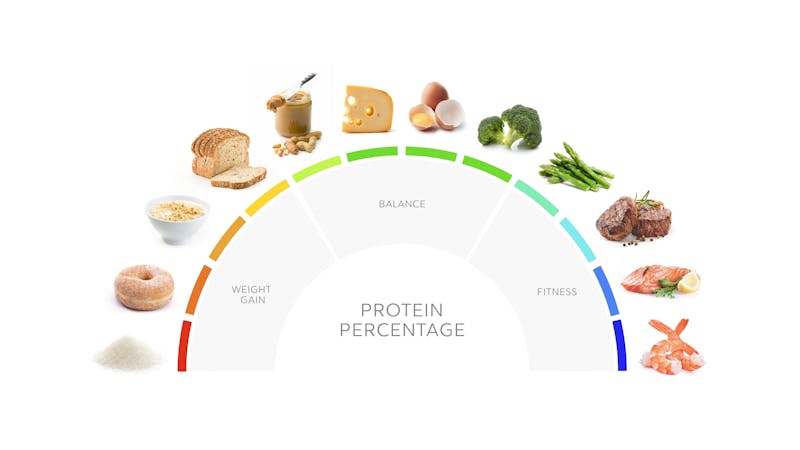You can reverse your diabetes with low carb
In honor of Diabetes Awareness Month, Diet Doctor wants all our readers to know: if you have type 2 diabetes, or prediabetes, eating a low-carb diet can help reverse it.
That’s the hopeful and inspiring message in the DD News video created earlier this fall by Dr. Bret Scher, the Medical Director of Diet Doctor. If you have diabetes, this is a video we strongly recommend you watch.
“It is really important to help all of us with our mindset about how we think about diabetes,” explains Dr. Scher.
Diabetes is now affecting some 13% of adults in the US alone, for a total of 34 million cases. But for too long the dominant medical narrative is that it is a chronic progressive disease that is only going to get worse over time.
“Too often our medical treatments ‘manage’ type 2 diabetes,” said Dr. Scher. “But we can and should do better.”
Dr. Scher discusses a paper by leading UK low-carb doctors, including Drs. David and Jen Uwin, who are featured prominently on the Diet Doctor site, as well as co-author Dr. Campbell Murdoch. The paper calls to attention how we should be working to reverse type 2 diabetes or put it into remission.
Journal of Human Nutrition and Dietetics: Dietary strategies for remission of type two diabetes, narrative review
“The best part is that we don’t need expensive drugs to do it. We can do it with diet,” Dr. Scher notes.
Why does the low-carb diet help with diabetes? Is it just because it helps people restrict calories and lose weight? Or are there other factors, such as reducing insulin and helping keep blood sugar low, that play a bigger role?
That’s the question that Dr. Scher explores in a related DD News video created earlier this fall.
Diet Doctor News video: Why does low-carb work for diabetes?
In this second video, Dr. Scher discusses a pre-print of a recent systematic review that set out to compare and analyze existing clinical trials that utilized “low carbohydrate” interventions with differing energy intakes.
“What I find most interesting about this one is that it looked at low-carb studies where you can eat as much as you want [called ad libitum] versus those that specifically restricted caloric intake,” Dr. Scher explains. “The upshot was, there was no difference in benefit at 12 and 24 months, whether you had ad libitum feeding — they could eat whatever they want — or purposely restricted the calories.”
Why that matters is that one of the most important factors about whether or not people stick with a diet long term is how that diet deals with their hunger, cravings and satiety. If low-carb diets, where you don’t restrict calories, are just as effective for lowering markers like HbA1c as ones that restrict calories, that may help patients stay with the diet long term.
“All these meta-analyses are showing that when people stick to a diet better, they lose more weight and improve their health,” said Dr. Scher. “If you are hungry and have cravings, your chance of sticking to a dietary regimen is far less than if your hunger and cravings are managed.”
For many people, a high-protein, low-carb diet may be the best choice for managing hunger and cravings — and it’s also effective at helping you lose weight, improve your blood sugar control and improve your health.
Twice a week, Dr. Scher takes one or more scientific studies in the fields of nutrition, exercise, health, or disease and carefully analyses the researchers’ methods and findings. In doing so, he helps you better understand how to judge the quality of various research papers and make informed decisions about your own health and wellness.
You can find more of Dr. Scher’s news videos on the Diet Doctor Youtube Channel. Subscribe to the feed so that you don’t miss any of his videos.
Subscribe to our Youtube channelCheck out our other guides


